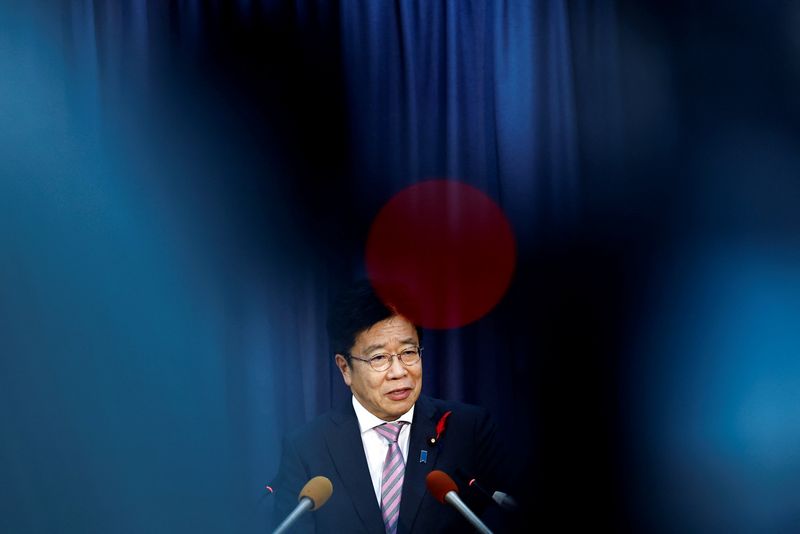Forex Diplomacy: Japan's Finance Chief Signals Tight Coordination with US Treasury

In a proactive move to maintain global financial stability, Japan's Finance Minister Katsunobu Kato emphasized the critical importance of open communication with U.S. Treasury officials on Monday. Speaking about foreign exchange dynamics, Kato stressed that maintaining a close and transparent dialogue is essential for ensuring market confidence and preventing potential economic volatility.
The minister's commitment to regular and candid discussions with U.S. Treasury Secretary Scott Bessent underscores Japan's dedication to fostering international financial cooperation. By prioritizing direct and frequent communication, both nations aim to navigate the complex landscape of global currency markets with greater precision and mutual understanding.
Kato's remarks highlight the ongoing diplomatic efforts to create a stable and predictable environment for international financial interactions, signaling a collaborative approach to managing potential economic challenges.
